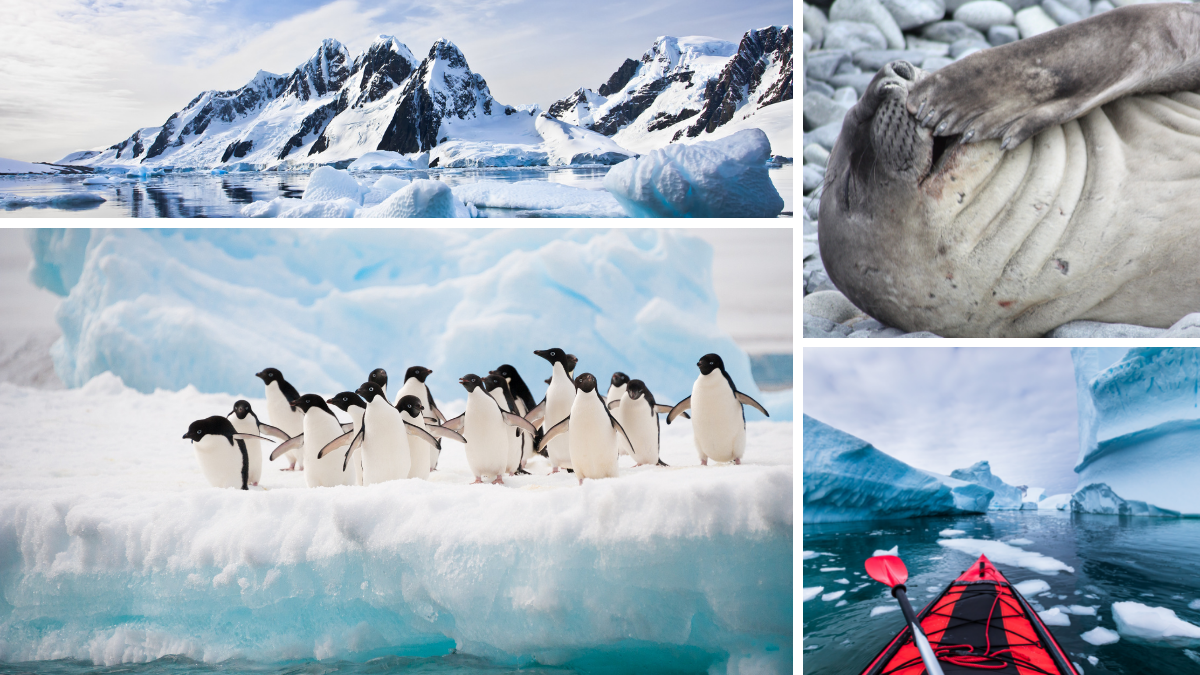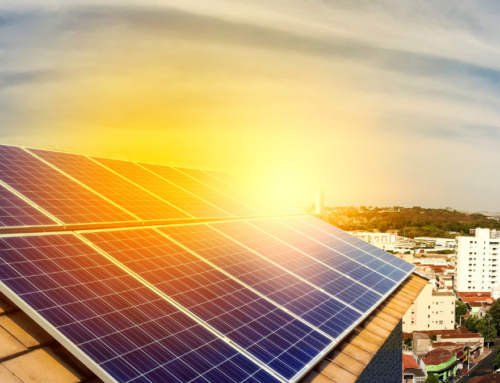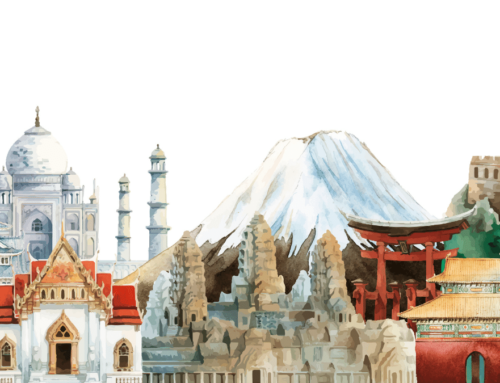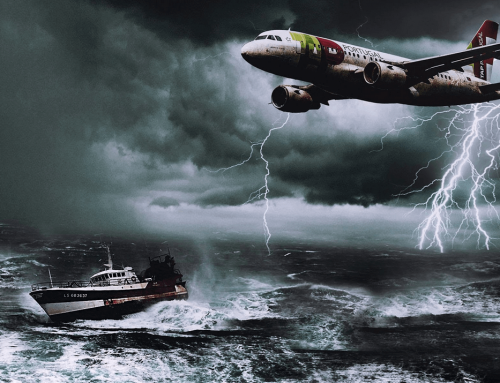The continent of Antarctica dominates the Antarctic region. One of the fun facts about Antarctica is that the Antarctic Convergence encompasses a cold, remote area in the Southern Hemisphere called the Antarctic. Thus, the Antarctic Convergence is a skewed line of latitude where freezing, northward-flowing Antarctic waters meet relatively warm oceans. The Antarctica region accounts for roughly 20% of the South Pole. To talk of total area, Antarctica is the fifth-largest continent. Antarctica is a one-of-a-kind continent in that it lacks original inhabitants. Yet, it is the world’s most significant chunk of ice. When the snow and wind are at their most outlandish, this ice sheet extends far beyond the continent.
The ice surface expands dramatically from approximately 3 million square kilometers at the end of the summer to around 19 million square kilometers by winter. The coastline ice shelves, particularly the Ross Ice Shelf and the Ronne Ice Shelf, are the primary sites of ice sheet expansion.
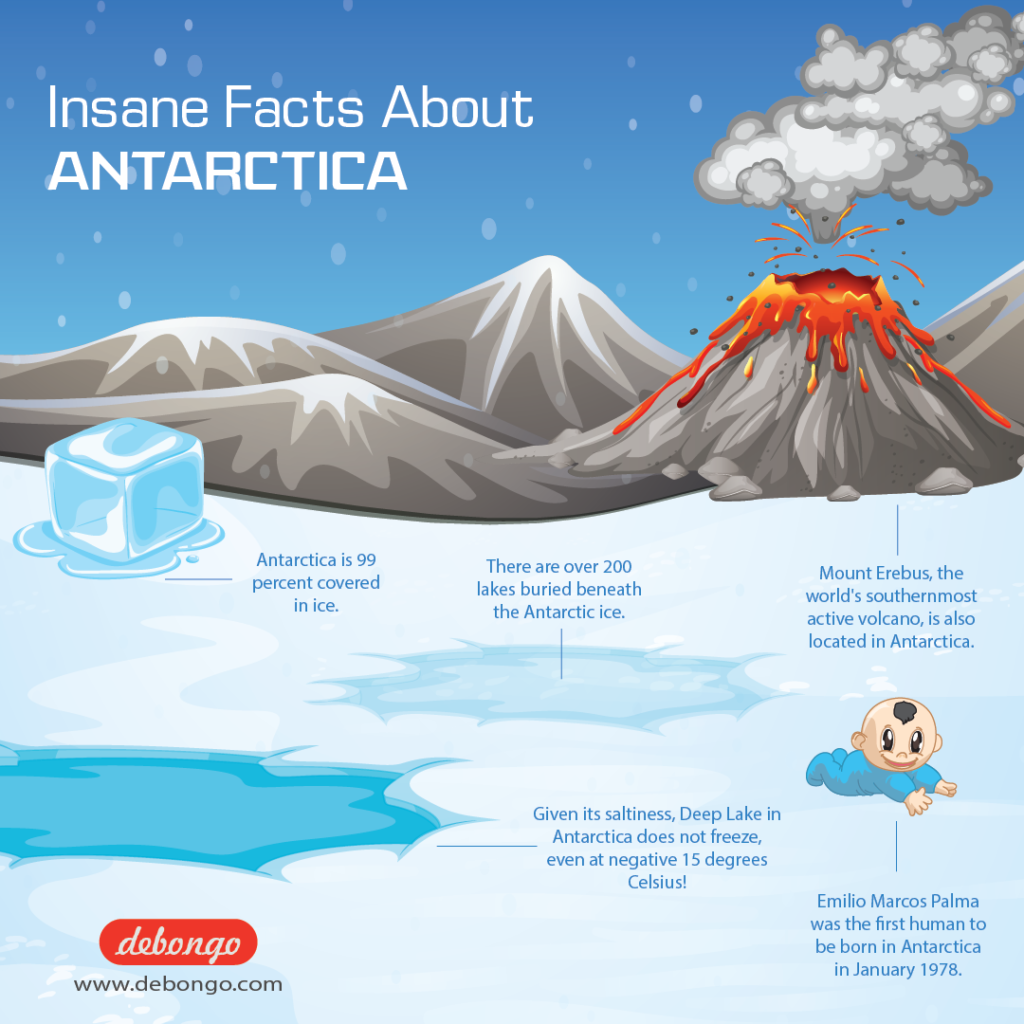
Ice shelves are floating ice sheets that are linked to the mainland. Glacial ice shifts at rates ranging from 10 to 1,000 meters per year from the continent’s interior to these relatively low ice shelves. Scientists from different academic disciplines study the Antarctic not just as a harsh setting but also to measure more effective global mechanisms. Scholars are mapping the exterior of the world’s coldest and most secluded continent. Meteorologists research climate behaviors, such as the “ozone hole” that looms over Astronomers observe from Antarctica’s interior as it provides the best view of space from the Planet.
Even though there are no indigenous residents in Antarctica, the continent is a busy enclave for many research scientists. These scientists are from a variety of countries and work at government-sponsored research facilities. The quantity of scientists conducting analysis varies across the year, from approximately 1,000 in the winter to around 5,000 in the offseason. So, what did you think about these interesting facts about Antarctica by Debongo? Let us know.

